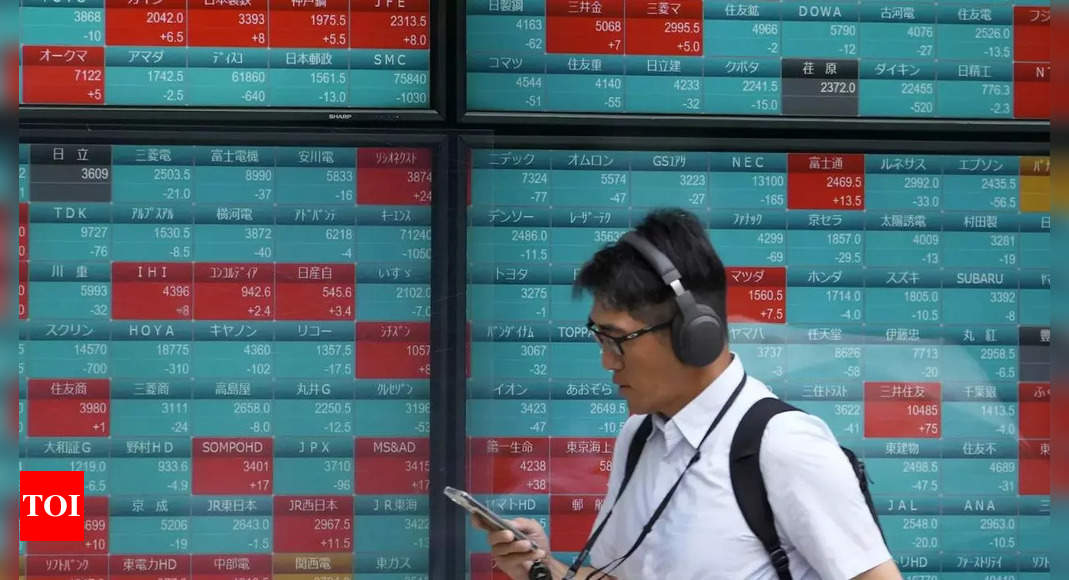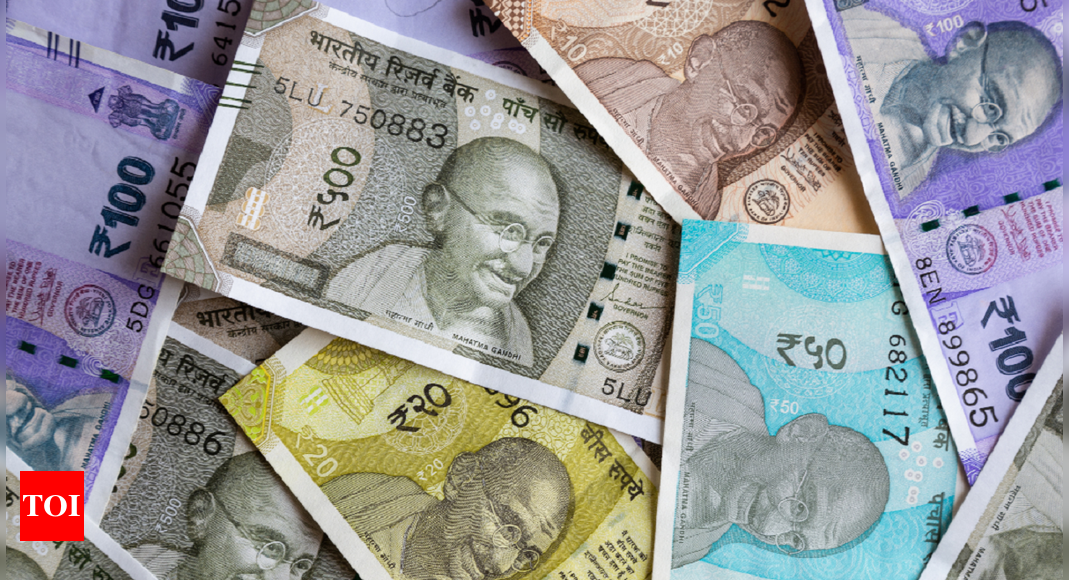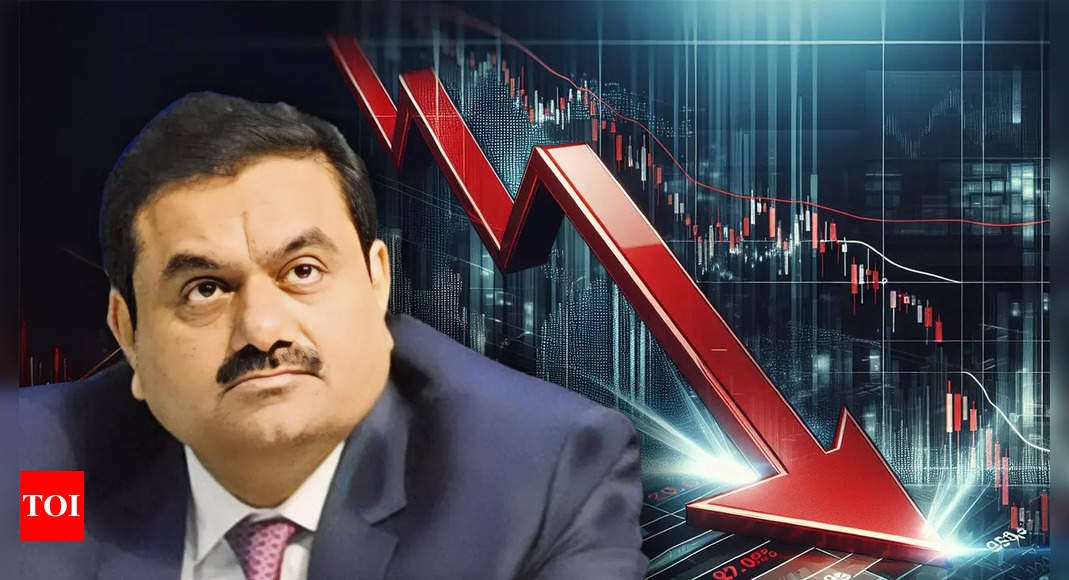
TOKYO: Global shares were mostly higher Thursday after the latest report on U.S. inflation came in almost exactly as economists expected and data on Japan’s economy showed relatively healthy growth.
France’s CAC 40 edged up 0.2% in early trading to 7,347.04, while Germany’s DAX gained 0.4% to 17,962.78. Britain’s FTSE 100 inched up less than 0.1% to 8,281.77.U.S. shares were set to drift higher with Dow futures up 0.2% at 40,205.00. S&P 500 futures rose 0.2% to 5,485.75.
Japan’s benchmark Nikkei 225 added 0.8% to finish at 36,726.64. Australia’s S&P/ASX 200 rose 0.2% to 7,865.50. Hong Kong’s Hang Seng fluctuated throughout the day and closed little changed, declining less than 0.1% to 17,109.14, while the Shanghai Composite rose 0.9% to 2,877.36. Trading was closed in South Korea for Liberation Day, a national holiday.
Japan’s Cabinet Office data showed the world’s fourth largest economy grew at an annual rate of 3.1% in the April-June period, a rebound from the contraction in the previous quarter.
The annual rate shows how much the economy would have grown or contracted if the quarterly rate had continued for a year.
Domestic demand grew a robust 3.5% from the previous quarter on the back of healthy household consumption and private sector and government investments. Exports grew a booming 5.9%.
A major element of uncertainty, which had focused on currency fluctuations and interest rates, has become the political sector, as Japan’s governing Liberal Democratic Party picks a new leader after Prime Minister Fumio Kishida said he wouldn’t seek reelection. The next leader is likely to be from his party, signaling continuity in Japan’s basic pro-U.S., pro-business policies, but there is no clear successor. Some analysts think a younger candidate would have a better chance of getting more voter support.
The latest data for China made for a mixed picture, with retail sales for July showing an upside while property investment and manufacturing were less cheerful.
“The slowdown of investment and weak private sector and household confidence also present a strong case for stepping up fiscal stimulus. Many market participants would favor demand-side policy support,” said Lynn Song, chief economist Greater China at ING Economics.
Data from the U.S. government said consumers paid prices that were 2.9% higher last month for gasoline, food, shelter and other things than a year earlier.
The data should keep the Federal Reserve on track to cut its main interest rate at its next meeting in September, after keeping rates at an economy-crunching level in hopes of stifling inflation.
In energy trading, benchmark U.S. crude added 22 cents to $77.20 a barrel. Brent crude, the international standard, gained 21 cents to $79.97 a barrel.
In currency trading, the U.S. dollar rose to 147.38 yen from 147.22 yen. The euro cost $1.1010, down from $1.1016.
France’s CAC 40 edged up 0.2% in early trading to 7,347.04, while Germany’s DAX gained 0.4% to 17,962.78. Britain’s FTSE 100 inched up less than 0.1% to 8,281.77.U.S. shares were set to drift higher with Dow futures up 0.2% at 40,205.00. S&P 500 futures rose 0.2% to 5,485.75.
Japan’s benchmark Nikkei 225 added 0.8% to finish at 36,726.64. Australia’s S&P/ASX 200 rose 0.2% to 7,865.50. Hong Kong’s Hang Seng fluctuated throughout the day and closed little changed, declining less than 0.1% to 17,109.14, while the Shanghai Composite rose 0.9% to 2,877.36. Trading was closed in South Korea for Liberation Day, a national holiday.
Japan’s Cabinet Office data showed the world’s fourth largest economy grew at an annual rate of 3.1% in the April-June period, a rebound from the contraction in the previous quarter.
The annual rate shows how much the economy would have grown or contracted if the quarterly rate had continued for a year.
Domestic demand grew a robust 3.5% from the previous quarter on the back of healthy household consumption and private sector and government investments. Exports grew a booming 5.9%.
A major element of uncertainty, which had focused on currency fluctuations and interest rates, has become the political sector, as Japan’s governing Liberal Democratic Party picks a new leader after Prime Minister Fumio Kishida said he wouldn’t seek reelection. The next leader is likely to be from his party, signaling continuity in Japan’s basic pro-U.S., pro-business policies, but there is no clear successor. Some analysts think a younger candidate would have a better chance of getting more voter support.
The latest data for China made for a mixed picture, with retail sales for July showing an upside while property investment and manufacturing were less cheerful.
“The slowdown of investment and weak private sector and household confidence also present a strong case for stepping up fiscal stimulus. Many market participants would favor demand-side policy support,” said Lynn Song, chief economist Greater China at ING Economics.
Data from the U.S. government said consumers paid prices that were 2.9% higher last month for gasoline, food, shelter and other things than a year earlier.
The data should keep the Federal Reserve on track to cut its main interest rate at its next meeting in September, after keeping rates at an economy-crunching level in hopes of stifling inflation.
In energy trading, benchmark U.S. crude added 22 cents to $77.20 a barrel. Brent crude, the international standard, gained 21 cents to $79.97 a barrel.
In currency trading, the U.S. dollar rose to 147.38 yen from 147.22 yen. The euro cost $1.1010, down from $1.1016.







